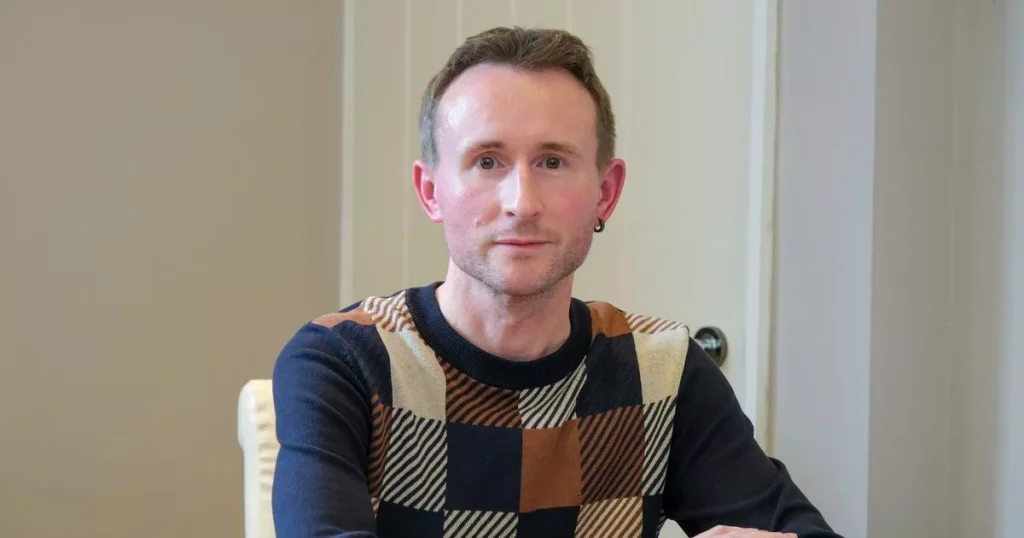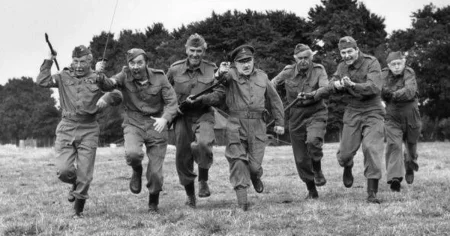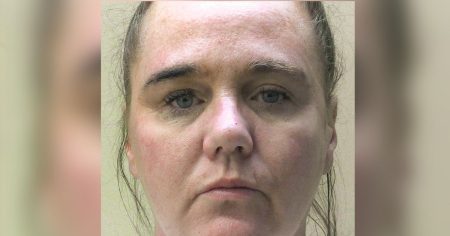Adam Shaw, a dad-of-one, was given a shocking diagnosis of rare stomach cancer with only two years to live unless he had surgery to remove his entire stomach. Doctors revealed that he had a genetic mutation that put him at high risk for developing deadly stomach cancer. Adam’s stomach was already lined with a fast-spreading cancer in over 50 places, prompting him to undergo the major surgery. His father and three relatives had also died of the same cancer, revealing a hereditary diffuse gastric cancer syndrome within their family.
Despite initial hesitation, Adam agreed to the surgery, which involved rerouting his digestive system to bypass the missing stomach. The genetic mutation that caused the cancer was passed down through generations in his family, leading to the discovery of the high-risk abnormality. Adam’s surgery left him with significant complications, including hernias and twisted bowels, but he is grateful that the operation potentially saved his life. He now encourages other families with a history of rare cancers to get tested for genetic mutations, emphasizing the importance of early detection and preventive measures.
Since his surgery, Adam has experienced changes in his eating habits and bodily functions, such as the inability to feel hunger due to the absence of his stomach. Despite the challenges he faces, he is able to carry on with his life and hopes to raise awareness about the importance of genetic testing for families at risk of hereditary cancers. The surgery not only removed the cancerous cells from Adam’s body but also provided him with a new perspective on life and the opportunity to safeguard his daughter’s future by raising awareness and advocating for preventive measures.
Adam’s journey serves as a reminder of the importance of early detection and genetic testing for individuals with a family history of rare cancers. His courage and resilience in facing a life-threatening diagnosis have inspired others to prioritize their health and seek medical advice when faced with potential genetic risks. By sharing his story, Adam hopes to empower other families to take proactive steps in managing their health and potentially preventing life-threatening conditions from developing. Despite the challenges he has faced, Adam remains grateful for the opportunity to continue living his life and raising awareness about hereditary cancer syndromes.














